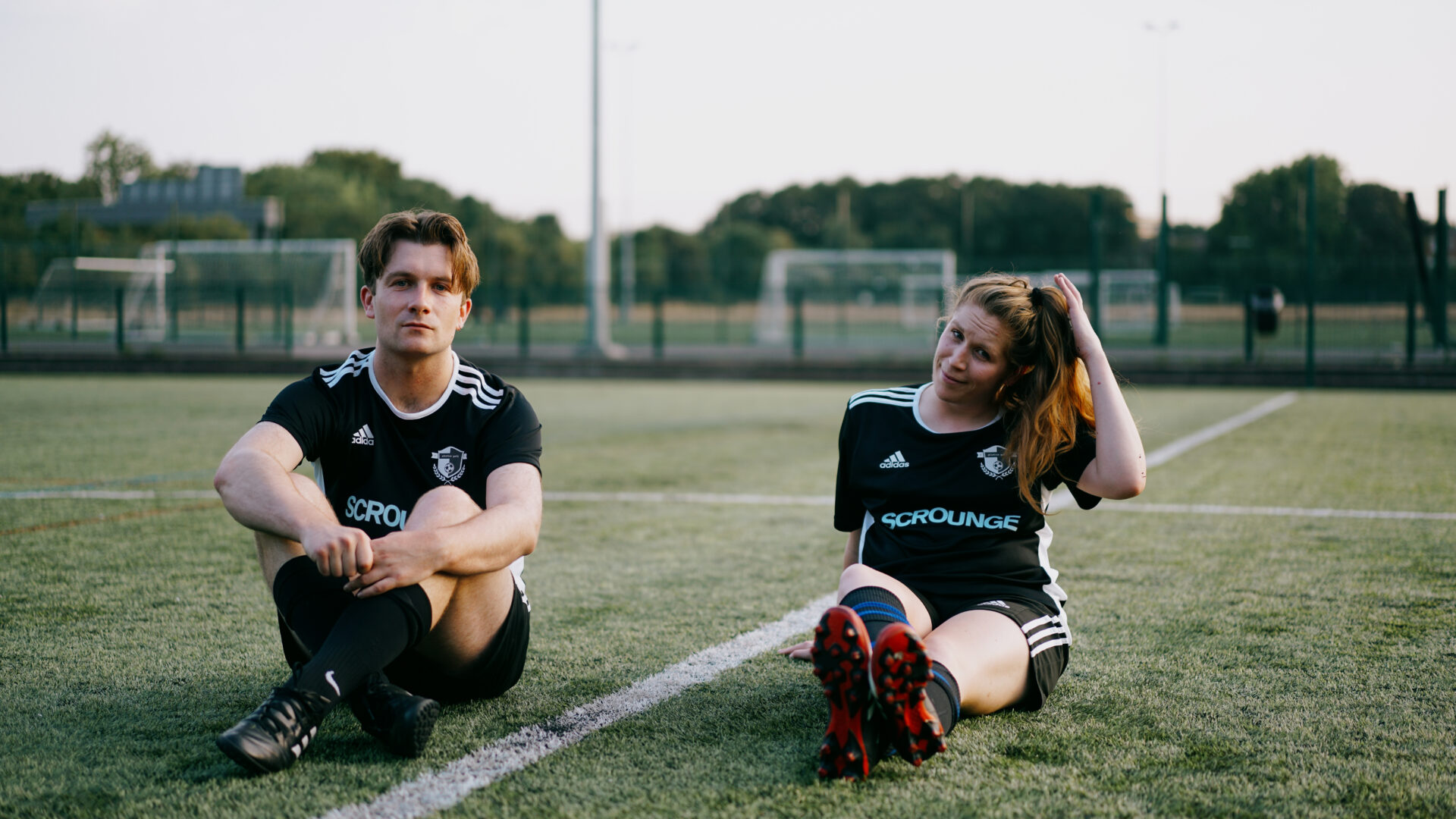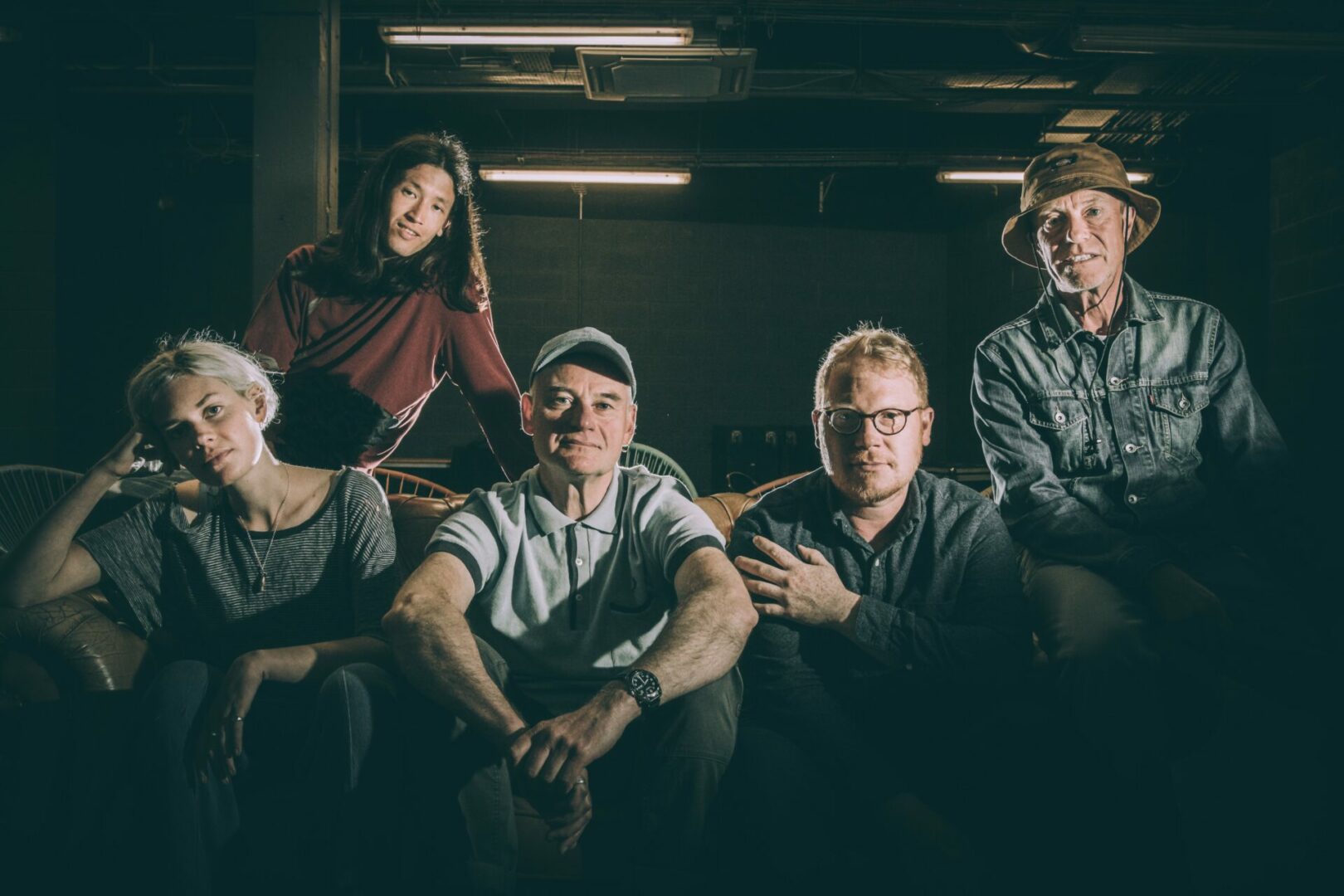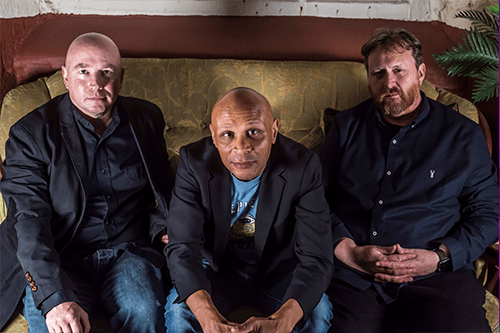About
There are some voices that genuinely make you stop in your tracks – Courtney Hadwin is one of them. In 2025, the Durham-born singer-songwriter is unveiling her long-awaited debut album, which will showcase her once-in-a-generation talent for all to hear.
Many will already know of Hadwin thanks to her famed audition on America’s Got Talent in 2018. In what rapidly became one of the most-viewed auditions in the show’s history, the 13-year-old Hadwin – visibly nervous as she stood in front of the judges and a huge live audience – blew everyone away with a fearless rendition of Otis Redding’s 1968 classic “Hard to Handle”. A huge Janis Joplin fan, judge Howie Mandel leapt for the Golden Buzzer after telling her how Hadwin’s glass-shattering voice reminded him of the legendary rock artist.
Six years later, Hadwin has endured plenty of ups and downs. Yet these trials have been poured into the record – songs of experience – making for a phenomenal, and confident, debut. Written and produced with Grammy-winning songwriter/producer Kevin Bowe (Etta James, Joe Cocker) in his hometown of Minneapolis, each track fizzes with her irrepressible spirit. “They’re coming-of-age songs, written either when I was going through the worst of times or when I felt on top of the world,” Hadwin explains. “I’m both nervous and excited to be putting them out into the world, as this is the most personal I’ve ever been in my songwriting. It’s the story so far.”
Single “Spellbound” is dynamite – a punchy punk-rock tune loaded up with snarling guitar riffs and jangling percussion. “Me and Kevin had a couple of extra days left over after recording a bunch of songs, so we decided to use the time and ended up with this,” Hadwin says with a grin. “Before I left for America, I’d been in this situation where I was completely obsessed with someone, and ‘Spellbound’ just kind of popped out.” She howls and hollers, perfectly capturing the messiness of a teenage crush with a tongue-in-cheek bridge and the anthemic, singalong chorus: “I’m spellbound baby and I can’t say no/ Follow you to hell if it’s where you wanna go.”
From a young age, Hadwin demonstrated a curiosity and understanding of music beyond her years. Her dad, Paul Hadwin, whom she fondly calls her biggest supporter, remembers his then-three-year-old daughter belting out “Crazy” by Aerosmith around the house, driving her family, well, crazy. When she was just nine years old, she realised that becoming a musician was her dream, and she began to pursue it with true conviction. “I was that kid in school who didn’t go to parties, I didn’t go out on the weekends,” she shrugs. “I’d be at home, focusing on music – it’s all I’ve ever wanted to do.”
She took up musical theatre, all the while studying the greats on YouTube: Joplin, James Brown, Little Richard, Tina Turner… “I’d sit there for hours at a time, listening to all of these artists who I’d never heard before, then trying to learn the songs and how to sing and dance like them.” It wasn’t just their singing that captivated her – these were entertainers, whose charisma and magnetism were as much a draw as their astounding voices.
It was this drive that led to Hadwin successfully auditioning for America’s Got Talent, having previously made it to the final of The Voice Kids UK. “I wouldn’t necessarily take it back, but it was a very, very young age to be put in the spotlight,” she says now. “I was scared that everyone was going to hate me and it would end up being one of those joke auditions. When she walked onto the stage, faced by judges Simon Cowell, Heidi Klum, Mel B and Mandel, she was shaking. But then she sang, in that jaw-dropping, freewheeling manner of hers, and everything changed.
“I was in America for about six months and it was just constant TV stuff,” Hadwin recalls. “I didn’t really like it, but I was persuaded to do AGT Champions as long as I could do an original song.” She was put through the ringer once more and signed a record deal, only to discover that executives had no idea what to do with her. “I spent weeks and weeks being put into writing sessions so they could try to find my ‘sound’, but it was always with pop songwriters, which I knew was completely wrong,” she says. By the time she’d even come close to getting a few songs that suited her, it was announced that the label was shutting down. Hadwin found herself out in the cold, two weeks before her 16th birthday.
“It really opened my eyes to the realities of the music industry and who to trust,” she says matter-of-factly. It took some time for her to recover from what felt – to a young girl who just wanted to sing – like a major setback. “When something like that happens, you end up doubting yourself, as though it was your fault,” she admits. “But it also made me work harder, like I had to prove myself somehow.”
She met Bowe, beginning with writing sessions over video call; finally Hadwin felt as though she was working with someone who understood her. One of the songs they came up with together was “You Only Love Me When I Lie”, an extraordinary, soulful blues number that channels the spirit of Aretha Franklin or Martha Reeves. Her opening notes are delivered with a feline purr, illustrating how she knows precisely when to exercise restraint, and when to let rip. Here, listeners are treated to the best of both worlds – over a spooky Hammond Organ and luxuriant ripples of guitar, she yowls like a woman possessed: “Sick and tired of keeping all my thoughts to myself/ ‘Cos I never get a chance to heal/ If you can’t stand my crazy I’ll get somebody else/ So I can feel the way I feel.”
As if any further proof was needed of Hadwin’s artistic dexterity: “DNA” is a sizzling slice of funk-rock, bouncing in with a squelchy synth beat and irresistible hooks. Like Joplin before her, she conveys the impression that she has abandoned vocal control, such is the intensity of her performance. This is one of Hadwin’s most astonishing traits, and one that will no doubt have fans clamouring to see it taking place live on stage. In an age where any voice can be polished and preened into auto-tuned “perfection”, she stands out for her fearlessness – pouring her heart and soul into each note.
Take “Die and Stay Pretty”, a song that, in the hands of another singer, could easily have become a sweet yet straightforward ballad. Hadwin, though, sings like her voice might free herself and anyone else who hears it, channelling both love and anguish: “Acting like you’re in the velvet underground/ You look so good when you’re going down.”
“This one is completely different to every other song on the record,” Hadwin points out. “I’d been feeling pretty down, watching someone I cared about basically screw up their life, which was affecting me as well. I called Kevin and he just said, ‘Well, let’s write a song about it.’” So early on in her career, she displays a talent for writing tracks that are both deeply personal and instantly relatable. Listen to “All the Love Money Can Buy”, a spectacular kiss-off with all the swagger and sass of her heroes, backed by gospel-style backing vocals and a jubilant brass section. Just look at her go.






